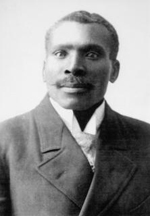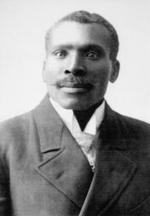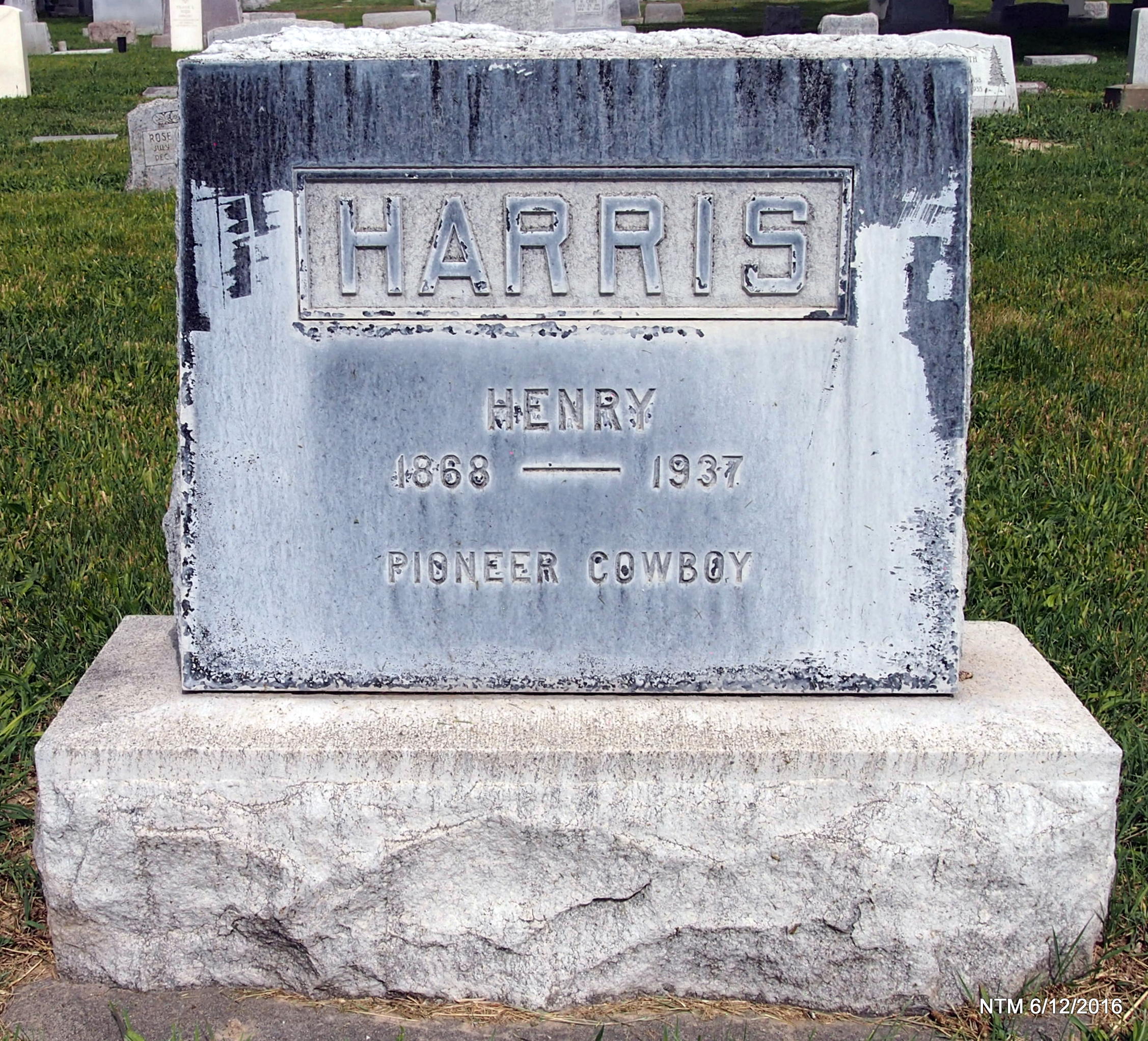Henry was an exceptional person and thought very highly of by those who knew him, worked with and for him. He had to be, plus a top hand, to be wagon boss and ranch foreman over white buckaroos. Henry and his brother Charles were registered to vote in the Wells, Nevada precinct, for the 1890 elections. He was written about in several books about Nevada, N.E. Nevada and Southern Idaho. Henry was very highly respected and called on many times due to his credibility. For example he was called to testify in the murder trial of Diamondfield Jack in April of 1897. Diamondfield Jack was convicted, and witnesses contradicted Henry's testimony, however D. Jack was later released and Henry's statement proven true. In April of 1910, he was recruited by Deputy Sheriff Grimm of Contact, Nevada, to go with him to investigate a murder. Henry was also taken to Boise, Idaho, as a witness for the U.C. over water rights.
Henry was considered one of the best men with horses and cattle that ever struck the country and also one of the squarest. He rode horses that few others could ride. This reputation and his fairness caused many white men to want to be on his wagon. Nora Bowman, author and wife of Archie Bowman, superintendent of the Union Construction Company ranches, remarks at Henry's death included that he was known throughout the state, like and respected and was welcomed wherever he went.
Henry was a legend in his time and when a bunch of buckaroos were hanging around telling wild stories, as they always did, if Henry Harris wasn't the world's greatest bronc rider going into story telling time he was coming out. Henry was such a legend that if a cowboy had ever known him, whether he had ever seen Henry ride an outlaw bronc or one out of the rough string that no one else could ride, he would tell stories about Henry as if he had. Those stories were usually embellished a little for it was a notch on your spurs just to have seen Henry put on a bronc ride. Even today, the old timers are still repeating those stories. The RR Station of Henry, on the Oregon Short Line (Idaho Central) Railroad, that ran between Wells and Twin Falls, Idaho was named after Henry Harris. Henry Harris passed away on April the 4th, 1937 in Twin Falls, Idaho.
bio from Rodeo Hall of Fame
Henry was an exceptional person and thought very highly of by those who knew him, worked with and for him. He had to be, plus a top hand, to be wagon boss and ranch foreman over white buckaroos. Henry and his brother Charles were registered to vote in the Wells, Nevada precinct, for the 1890 elections. He was written about in several books about Nevada, N.E. Nevada and Southern Idaho. Henry was very highly respected and called on many times due to his credibility. For example he was called to testify in the murder trial of Diamondfield Jack in April of 1897. Diamondfield Jack was convicted, and witnesses contradicted Henry's testimony, however D. Jack was later released and Henry's statement proven true. In April of 1910, he was recruited by Deputy Sheriff Grimm of Contact, Nevada, to go with him to investigate a murder. Henry was also taken to Boise, Idaho, as a witness for the U.C. over water rights.
Henry was considered one of the best men with horses and cattle that ever struck the country and also one of the squarest. He rode horses that few others could ride. This reputation and his fairness caused many white men to want to be on his wagon. Nora Bowman, author and wife of Archie Bowman, superintendent of the Union Construction Company ranches, remarks at Henry's death included that he was known throughout the state, like and respected and was welcomed wherever he went.
Henry was a legend in his time and when a bunch of buckaroos were hanging around telling wild stories, as they always did, if Henry Harris wasn't the world's greatest bronc rider going into story telling time he was coming out. Henry was such a legend that if a cowboy had ever known him, whether he had ever seen Henry ride an outlaw bronc or one out of the rough string that no one else could ride, he would tell stories about Henry as if he had. Those stories were usually embellished a little for it was a notch on your spurs just to have seen Henry put on a bronc ride. Even today, the old timers are still repeating those stories. The RR Station of Henry, on the Oregon Short Line (Idaho Central) Railroad, that ran between Wells and Twin Falls, Idaho was named after Henry Harris. Henry Harris passed away on April the 4th, 1937 in Twin Falls, Idaho.
bio from Rodeo Hall of Fame
Sponsored by Ancestry
Advertisement
Advertisement




